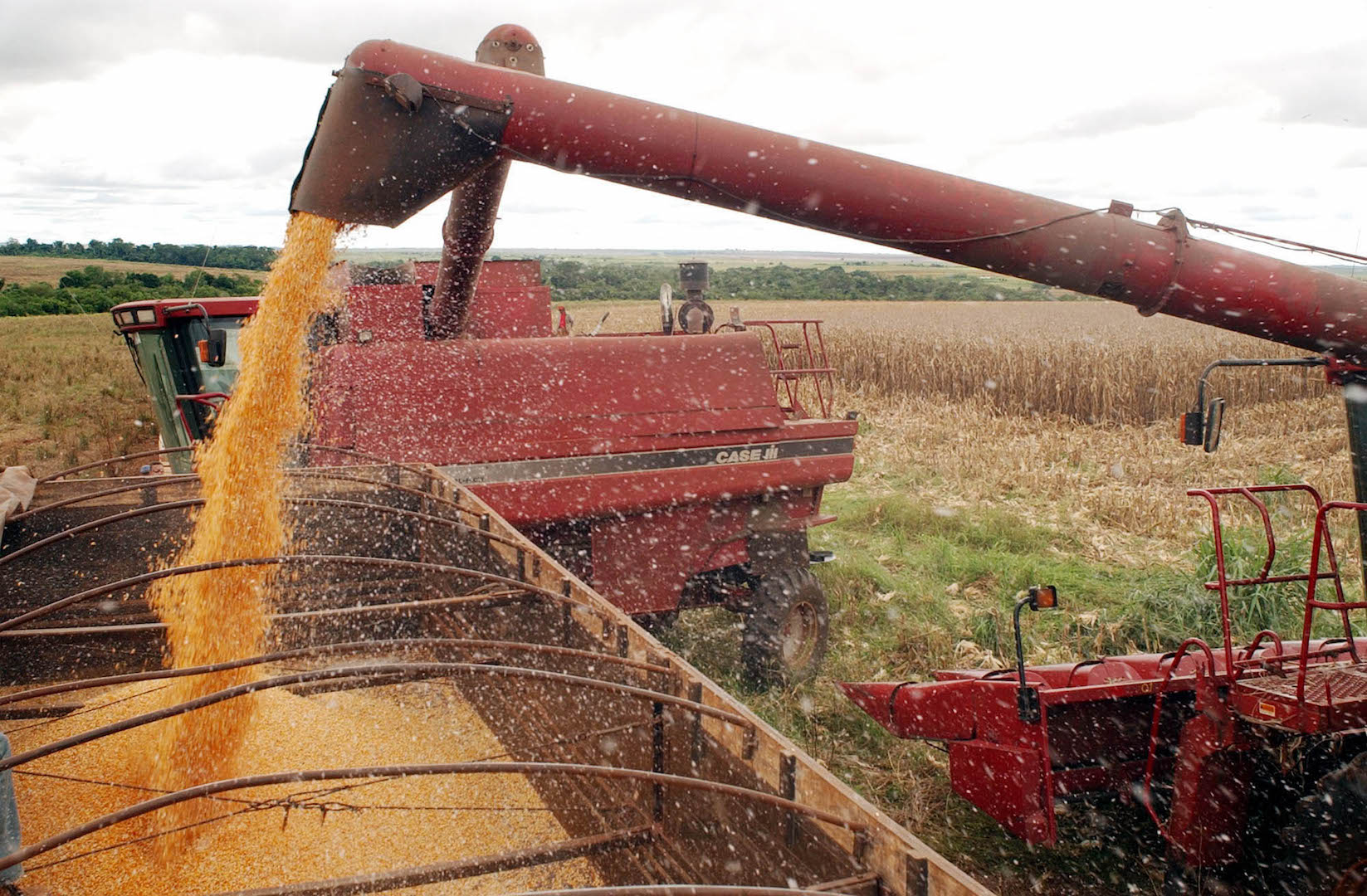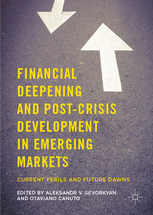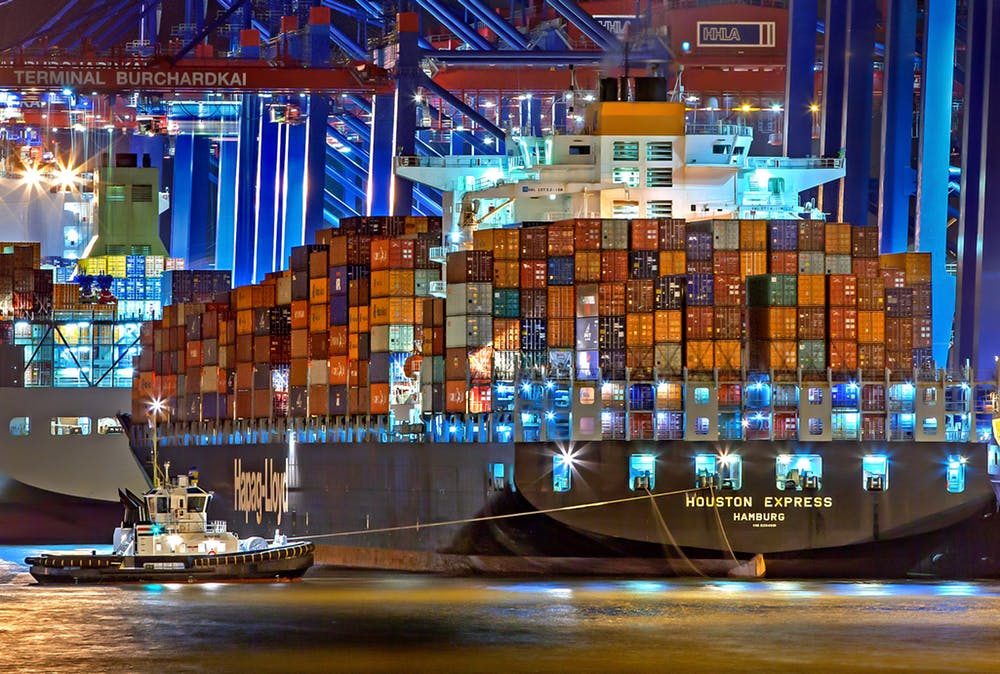This collection empirically and conceptually advances our understanding of the intricacies of emerging markets’ financial and macroeconomic development in the post-2008 crisis context. Covering a vast geography and a broad range of economic viewpoints, this study serves as an informed guide in the unchartered waters of fundamental uncertainty as it has been redefined in the post-crisis period. Contributors to the collection go beyond risks-opportunities analyses, looking deeper into the nuanced interpretations of data and economic categories as interplay of developing world characteristics in the context of redefined fundamental uncertainty. Those concerns relate to the issues of small country finance, the industrialization of the developing world, the role of commodity cycles in the global economy, sovereign debt, speculative financial flows and currency pressures, and connections between financial markets and real markets. Compact and comprehensive, this collection offers unique perspectives into contemporary issues of financial deepening and real macroeconomic development in small developing economies that rarely surface in the larger policy and development debates.















